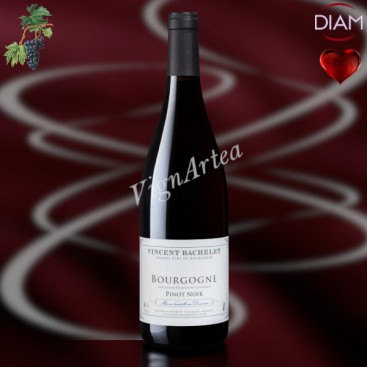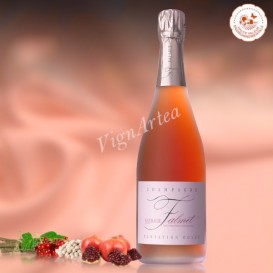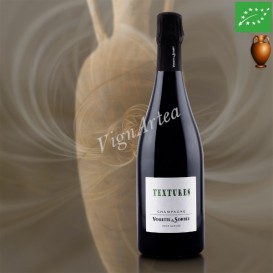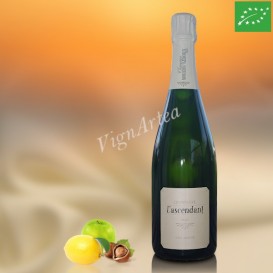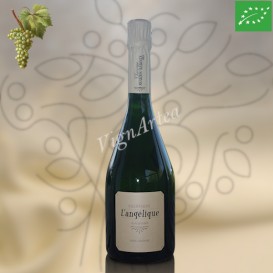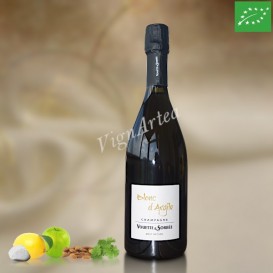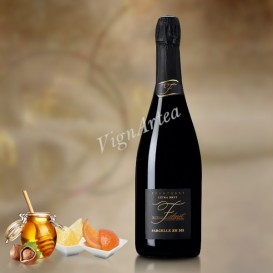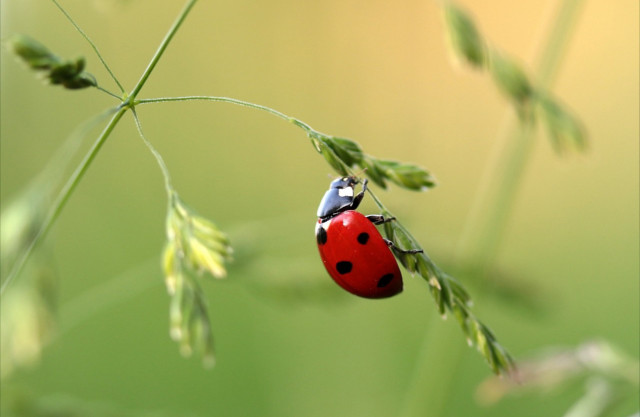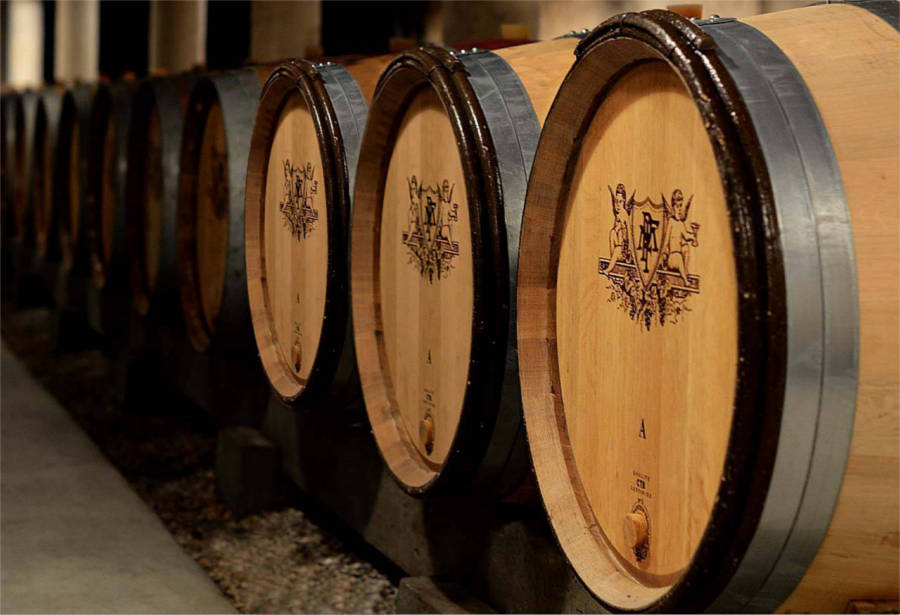BOURGOGNE PINOT NOIR RED WINE 2023 (Vincent BACHELET)
BOURGOGNE - AOP BOURGOGNE - RED WINE
Grape variety: Pinot Noir (100%)
Lees ageing in oak barrels for 11 months
DIAM®5 cork stopper
Refined - Elegant - Fresh - Fruity
- Nose: juicy and delicious. Delicate notes of fresh red berries, with a hint of sweet spices, roasted coffee and peony.
- Palate: fine and silky. Long red fruit finish.
- Tasting date: October 2024.
- OUR OPINION: magnificent, as always! Elegant, perfectly balanced and terribly tasty, I love it! Excellent value for money.
TERROIR
The vineyard of Chassagne-Montrachet extends southwards from those of Puligny and ends at the Saint-Aubin's anticlinal valley.
A second long, even slope, known as "La Grande Montagne", faces south-south-east and extends the eastern side of the anticlinal valley, where most of the vineyards are classified as Premiers crus.
At the beginning, this slope is the geological continuation of the Puligny hillside, from which it is separated only by the anticlinal valley, and whose terroir is very favourable for Chardonnay.
In the village of Chassagne-Montrachet, the fault collapsed the limestone base of the Bathonian (169 to 164 million years ago) at the top of the Argovian marls (Upper Jurassic - Oxfordian stage, 158 to 156 million years ago).
The Volnay syncline reveals the Liassic layer and the Jurassic hard limestones, which explains the presence of the Pinot Noir variety and the increasingly important production of red wine in this area.
The plot of Pinot Noir used to make this Bourgogne faces east. The vines are 40 years old.
WINEGROWING & WINEMAKING
The vines are managed according to the principles of an "intelligent" sustainable agriculture. Treatments on the vines are carried out only when absolutely necessary.
The grapes are harvested by hand, sorted and then completely destemmed. The skin maceration lasts a fortnight in temperature-controlled stainless steel vats.
Actions of Punching down (an operation which consists of pushing the marc cap floating at the top of the vat into the liquid must) and Pumping over (an operation which consists of removing the juice from the vat bottom and pouring it back into the vat top to reincorporate the cap of marc into the must) are carried out regularly during the alcoholic fermentation to facilitate maceration and optimise the gentle extraction of the grape's constituents.
Once the maceration phase is over, the must is pressed very lightly; the first press juices are blended with the free-run juice, then racked into oak barrels of several wines for the malolactic fermentation and the ageing phase of 11 months, followed by a short ageing period of one month in stainless steel vats.
The wine is neither fined nor filtered before bottling.
The bottle is sealed with a DIAM5® cork stopper which guarantees the absence of TCA contamination of the wine (or cork taste)
| Country | Burgundy |
| Color | Red |
| Orange wines | No |
| Clay amphorae wines | No |
| Vintage | 2023 |
| Capacity | 75 cl |
| Single Grape Variety | Pinot noir |
| Alcohol rate | 13 % |
| Quality Designation | Bourgogne |
| Cellar Potential | 5 years. |
| Service advise | 16°C. Open 1/4hr before the service. |
| Culture Methods | Sustainable cultivation method |
| Fining | No |
| Filtering | No |
| Comments | Skin maceration for 15 days. Ageing in oak barrels for 11 months. |
| Stopper | Diam |

